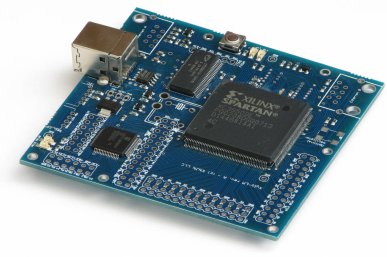Not only are there many advantages to using field programmable gate arrays, but FPGAs can also be programmed in different ways. Does that mean that there are different programming languages to learn? Does it mean they are difficult to manage? You have likely heard they are adaptable to new technology, so you know they come with their benefits.
What do you need to know when it comes to programming FPGAs?
First of all, you might have heard about HLS or high level synthesis. HLS is quite popular, no doubt, but it should be mentioned that HDL is still what’s most popular. You need to know this in terms of programming languages because Verilog and VHDL are what it’s all about, at least for now. That could of course change in the future, but it’s not anything that you have to worry about.

These FPGA devices as mentioned are quite adaptable, but of course you do want to keep up with what’s current. What’s really interesting is those two HDL languages mentioned have been used consistently for over two decades. Perhaps it is time to learn a new programming language. Maybe you already know the two HDL languages, and you are looking at what’s new when programming an FPGA development board.
Terms of Programming Language
If you are new to the game, consistently used languages for two decades isn’t a bad place to start though. You would definitely benefit from looking into what else is out there in terms of programming languages just in case the languages themselves bring about extra benefits when it comes to your projects. Plus, what if you could just go ahead and learn all the programming languages, if you need to of course.
Of course, that might take awhile because there are other options for programming your applications of fpga device. For example, there is System C. Have you heard of System C? It has everything to do with high level synthesis, which was mentioned earlier. They say HLS is on the verge of a big breakthrough, supposedly meaning it will be the type of programming in terms of the future of FPGAs.
Just remember that these FPGA boards are used for so many different projects in so many different industries. They are popular for many reasons. You can imagine that some industries might be behind some others when it comes to changing development boards and programming languages. That also eludes to the fact that FPGAs are likely to continue to be popular for quite some time.
Maybe you don’t just want to be a developer but an investor. It certainly makes sense to look at companies like Xilinx, whose profits have been soaring. Major companies have been making announcements about using these boards for major projects, too. I’ll leave you one more benefit of looking into new and more advanced programming languages for these devices. It is said that you are able to develop algorithms in what’s called floating point. Are you familiar with that concept? Have fun with your developing!
